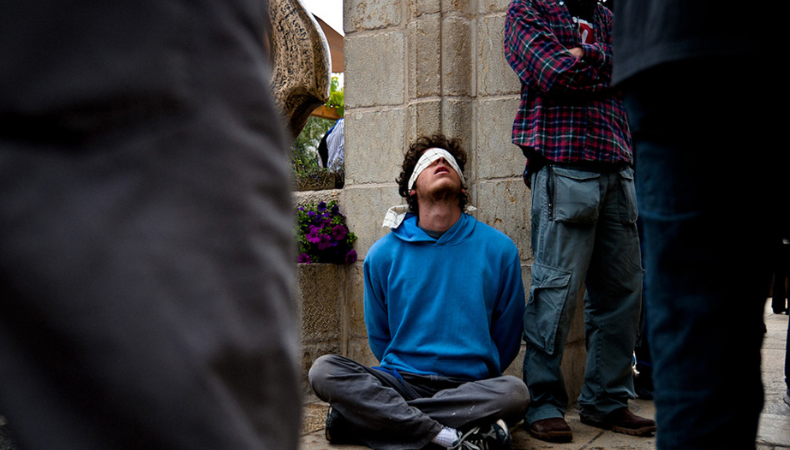Human Traffickers, Militias, Mass Graves: The Perilous Path of Migrants Through Libya

The Constant Fear of Migrants in Libya
The raid by Libyan security forces in the coastal town of Zuwara came without warning. On a Wednesday morning, officers stormed a café where migrants were waiting for potential employers, arresting some randomly. Michael Shira, a 19-year-old from Nigeria, narrowly escaped. “We live in constant fear,” he stated. “Libyan authorities arrest migrants wherever they find them.”
Shira, who has been hiding in Libya for months, praying and hoping to find work and eventually leave for Europe. “I was chased by Tunisian police and almost arrested by Tunisian border forces before I escaped to Libya,” he recalls. Migrants like Shira often end up in Libya’s notorious detention centers.
UN Calls for Investigation
“We continue to see widespread human rights violations against migrants, refugees, and asylum seekers in Libya,” said Liz Throssell, UN Human Rights Office spokesperson. These violations include trafficking, torture, forced labor, extortion, and starvation in detention centers. Both state and non-state actors are often involved.
Volker Türk, the UN High Commissioner for Human Rights, recently urged Libyan authorities to investigate mass graves found along the Libyan-Tunisian border and in the al-Jahra valley.
Libya: A Major Departure Point
Libya and Tunisia are now North Africa’s most popular departure points for migrants from sub-Saharan countries. Despite decreasing departures, humanitarian groups report more migrants traveling to Libya. Political turmoil and unrest have made accurate numbers hard to find.
Tim Eaton, a senior research fellow at Chatham House, notes that the chaos in Libya both deters and attracts migrants. Smuggling networks continue to operate, often with official complicity. Eaton doubts that Libya’s handling of migrants will improve soon, even with the upcoming International Forum on Migration.
The Need for International Pressure
Lauren Seibert from Human Rights Watch believes international pressure is crucial. “Tunisia should halt all expulsions to border areas where people’s lives are at risk,” she said, urging the EU to suspend funding to authorities conducting deadly expulsions.
David Yambio, a human rights defender at Refugees in Libya, agrees. “The situation for migrants will improve only once the EU stops supporting militias and governmental bodies.”
Keep On Reading
A Dangerous Destination
A report by the UN-affiliated Mixed Migration Centre and the Friedrich-Ebert-Stiftung found that Libya has become a popular destination for migrants due to job opportunities. However, the lack of legal rights increases their vulnerability.
Nika William, a 24-year-old from Ghana, recounted her harrowing experience in Libya. After being raped and imprisoned, she lost her baby. “I don’t know if I will ever achieve a safe future,” she said.
Michael Shira from Nigeria shares, “All I want is to reach Europe for a stable life,” he said. “But the way ahead is long and full of dangers.”
Despite the deteriorating conditions, migrants continue to risk everything to reach Libya, hoping for a better future. Only sustained international pressure can change their harsh reality.






